Russia’s Attack on Ukraine
PHOTO COURTESY OF Aris Messinis Picture found in a picture show from NPR showing the effects of the Russia/Ukraine war on Ukrainian people Mar. 10: A resident sits in a basement for shelter in Irpin. Kyiv’s northwest suburbs, including Irpin and Bucha, have endured shellfire and bombardments for more than a week, prompting massive evacuation efforts.
April 6, 2022
Feb. 22, 2022 will be a prominent date in history books, as it marks the first day Russia invaded Ukraine. For a little bit of historical background, Ukraine gained independence from Russia during the fall of the Soviet Union in 1991. Russia is attempting to take their independence from them again through means of invasion and military power. Under Putin’s direction, the Russian military has been bombing civilians, hospitals, and schools in Ukraine, so much so that over 3 million people are said to have fled Ukraine.
President Biden responded to these actions by calling Putin a “war criminal,” but according to Josh Rogin of The Washington Post, Biden was simply “saying what everyone can see,” rather than attempting to open an investigation. Even after President Zelensky called for a ceasefire and openly proposed the idea of peace talks, Putin continued to attack.
To justify this invasion to his citizens, Vladmir Putin claims that Eastern Ukrainians are technically Russian and “belong in the Russian Empire.” This article by Sandra Nispel on the University of Rochester’s website references numerous points where Putin has claimed Ukraine to still be part of Russia despite that being factually incorrect. Currently, Putin is claiming that Ukraine is committing genocide against these Eastern Ukrainian people. In an article by Alexander Hinton in The Conversation, Putin said in a televised interview on Feb. 23, 2022 that, “The purpose of this operation is to protect people who, for eight years now, have been facing humiliation and genocide perpetrated by the Kyiv regime.”
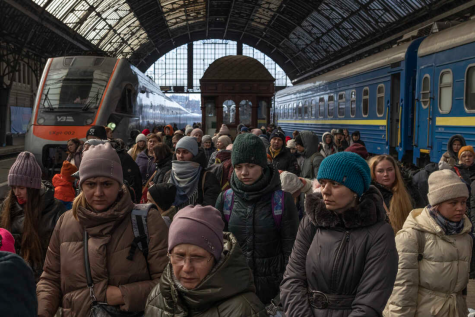
Picture found in a picture show from NPR showing the effects of the Russia/Ukraine war on Ukrainian people
March 11: Passengers file out of the railway station in Lviv, Ukraine, after disembarking trains from the east.
According to Senate Majority Leader Chuck Schumer in a quote found on Aljazeera, the US will be giving Ukraine 13.6 billion dollars for food, medicine, shelter, weapons transfers, and support for the over 2 million refugees who were forced to leave Ukraine. NATO (North Atlantic Treaty Organization) has currently agreed to support Ukraine only through means of economic support and shelter rather than military aid, in an effort to avoid widening the conflict. If any countries in NATO were to intervene in that way, all the countries involved in the organization would have to assist, causing a massive conflict.
“Unless the conflict widens to include NATO countries, I do not feel US troops should get involved, nor should we enforce a no-fly zone over Ukraine at the moment (although these suggestions could change based on the rapidly evolving situation),” says Millikan’s AP US Government and Politics teacher Dr. Russ Rudman.
Millikan’s AP World History teacher Timothy Mulvehill agrees, stating that, “the combination of humanitarian and military aid that Congress approved seems to be a reasonable approach to the situation in Ukraine.”
“We [high school students] are all aware of [the conflict between Russia and Ukraine], but very few know or understand what is actually happening,” says QUEST junior Emma Huynh. “As teenagers, more often than not, we think that we’re the center of everything…people just think ‘this isn’t my problem’ and ‘why should I care?’” says Huynh.
She adds that the extent of her knowledge about this major conflict is Apple News headlines, and that usually high school students aren’t as informed as perhaps they should be simply because the conflict doesn’t impact them. This conflict has expanded so that it now impacts everyone, and it’s important to learn about what is occurring in the world so people can make decisions about their own life, as well as figure out how to best support those in need and be sensitive to those who have lost people to this conflict.

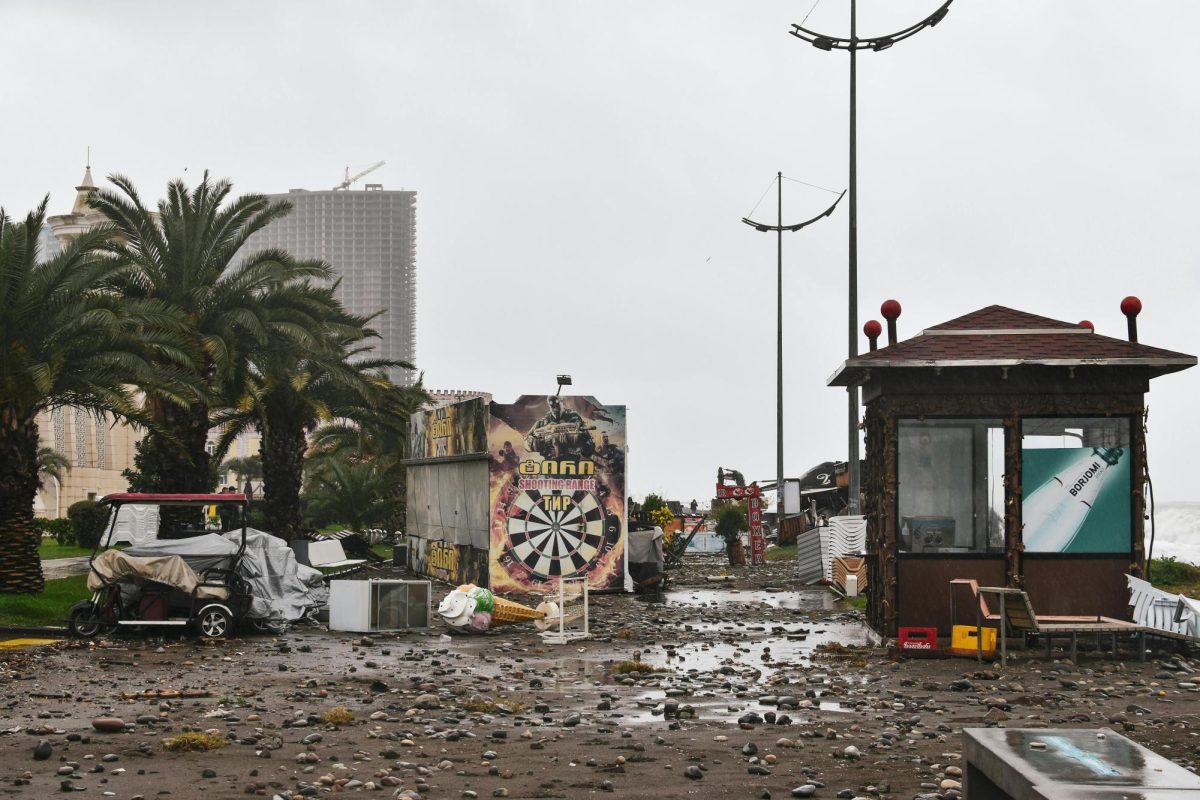

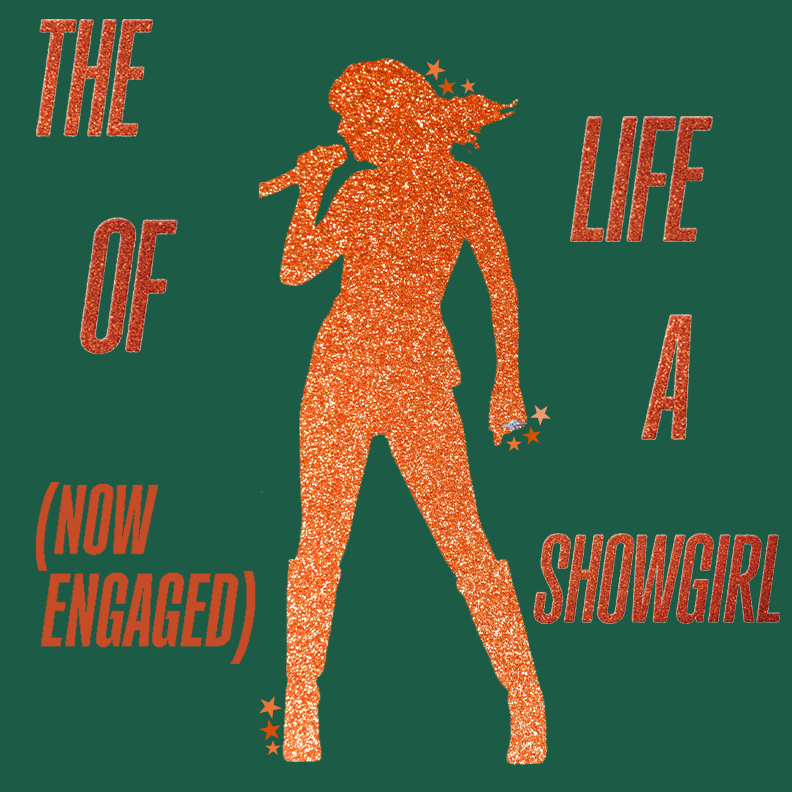
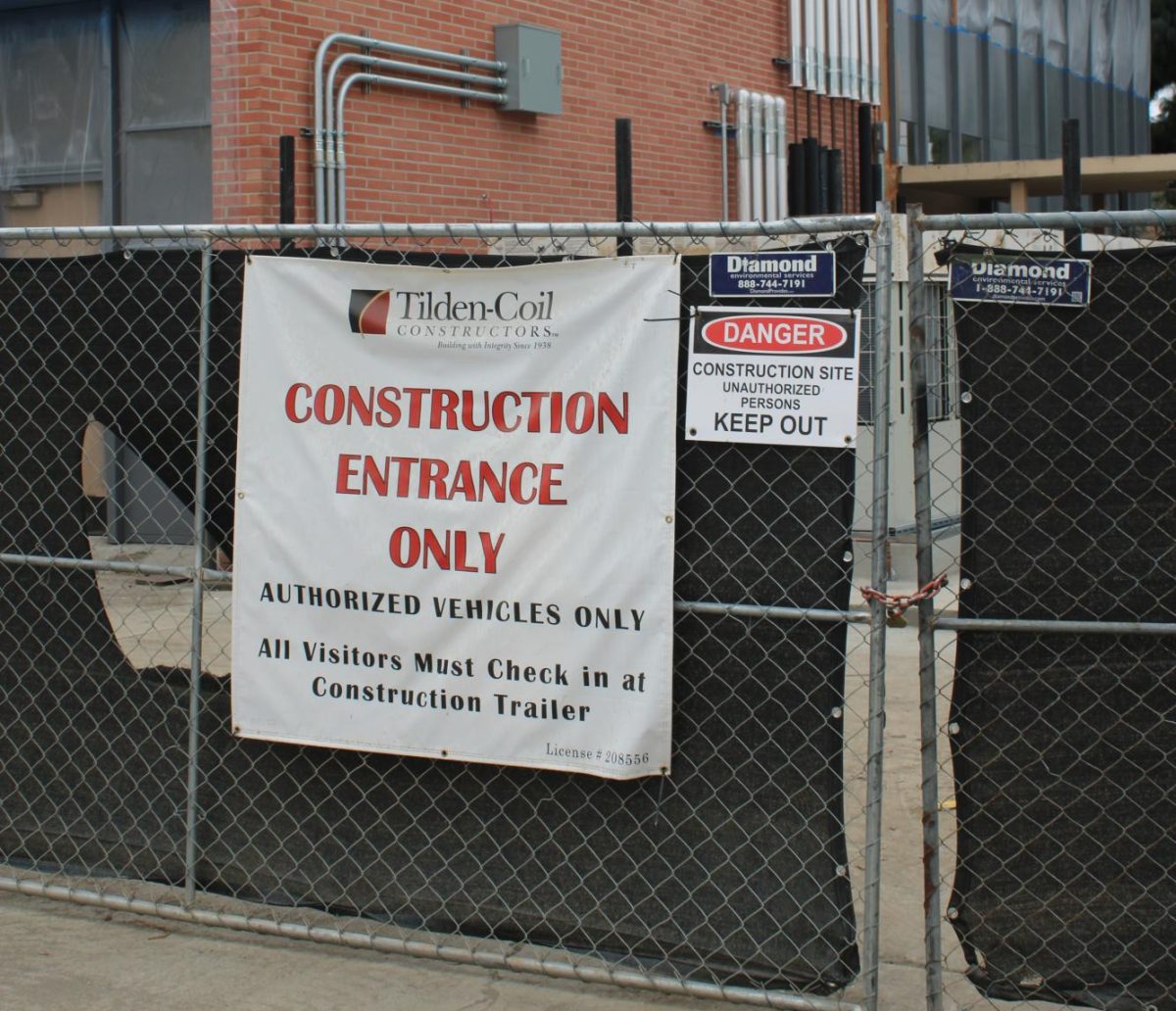


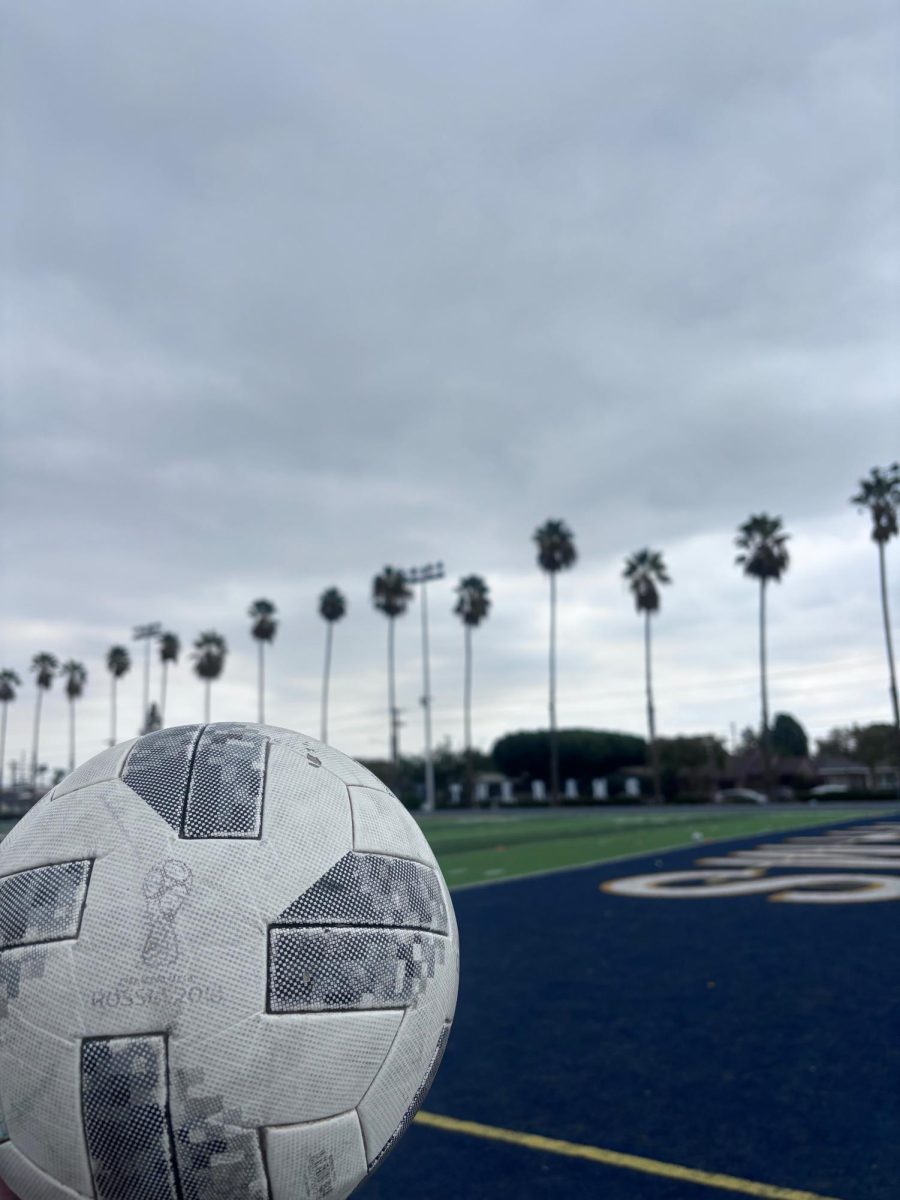
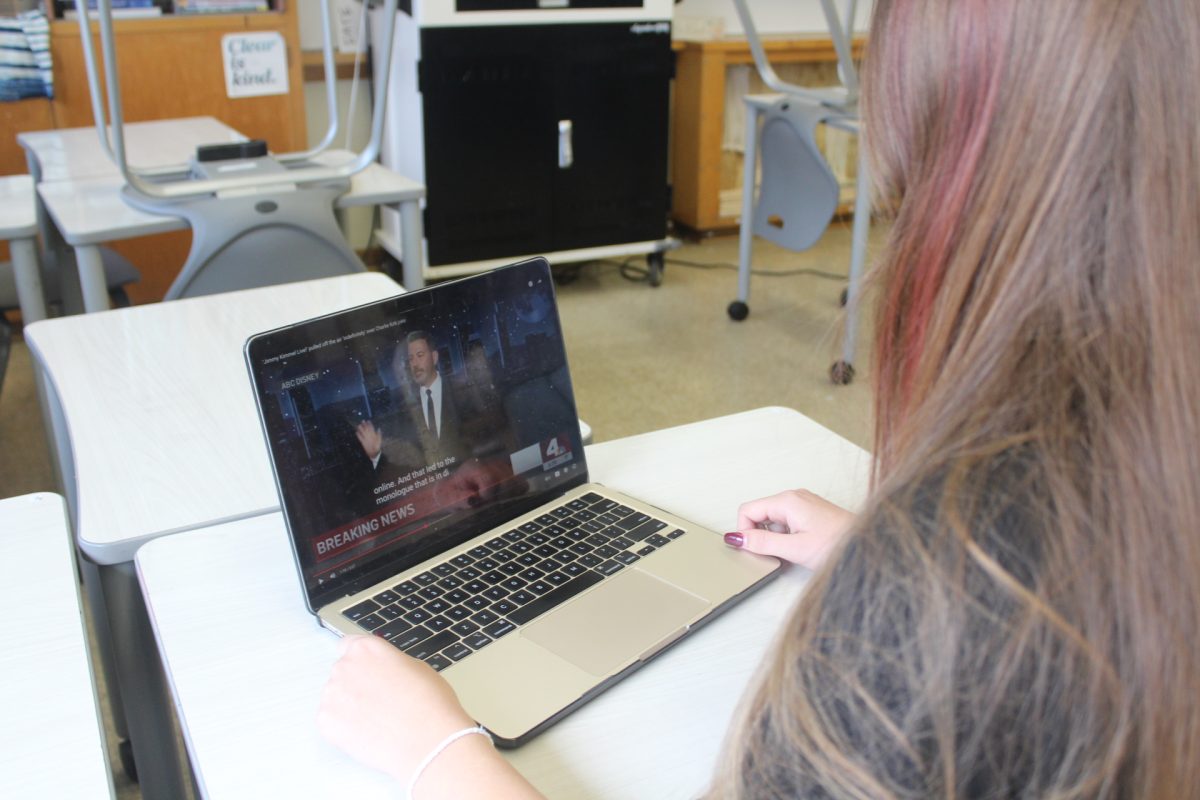


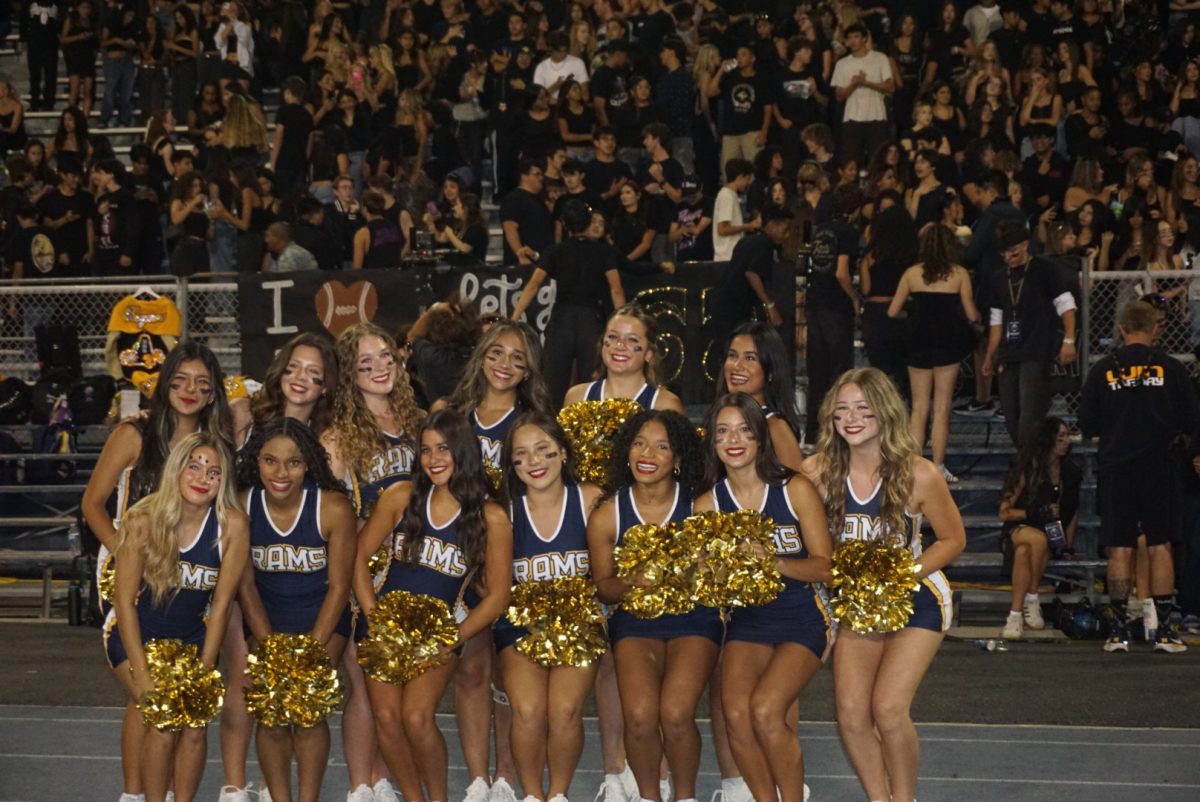

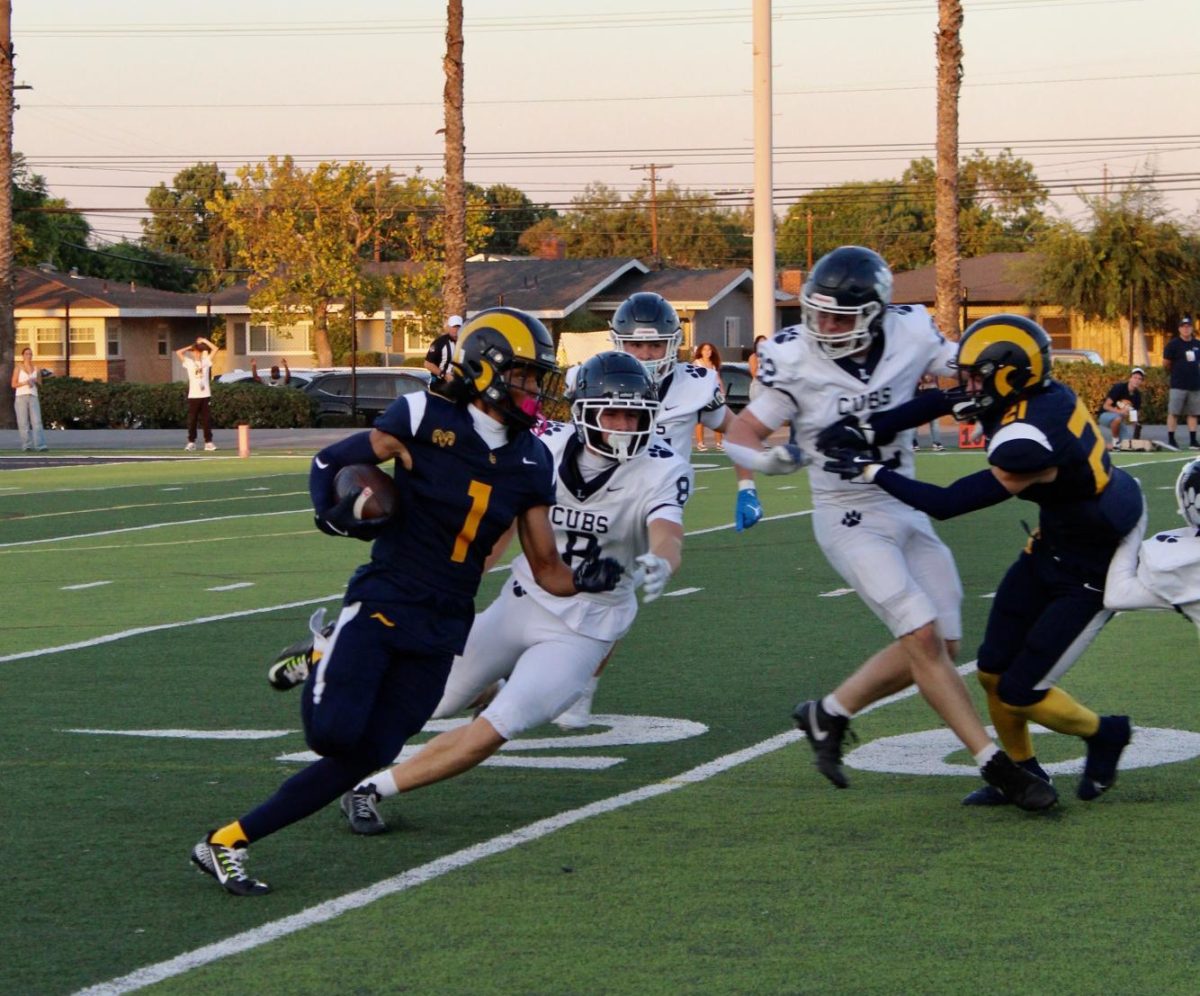


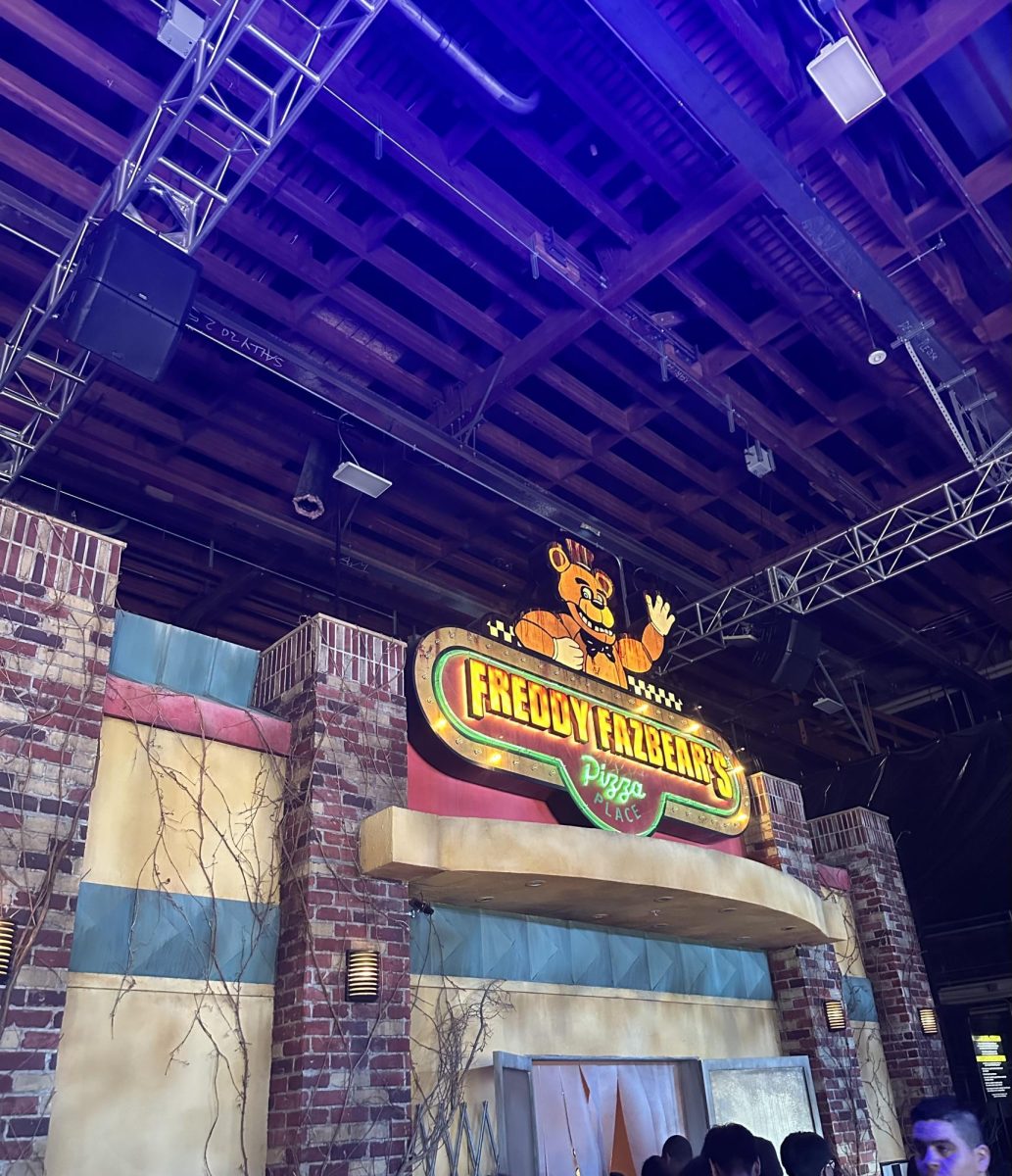
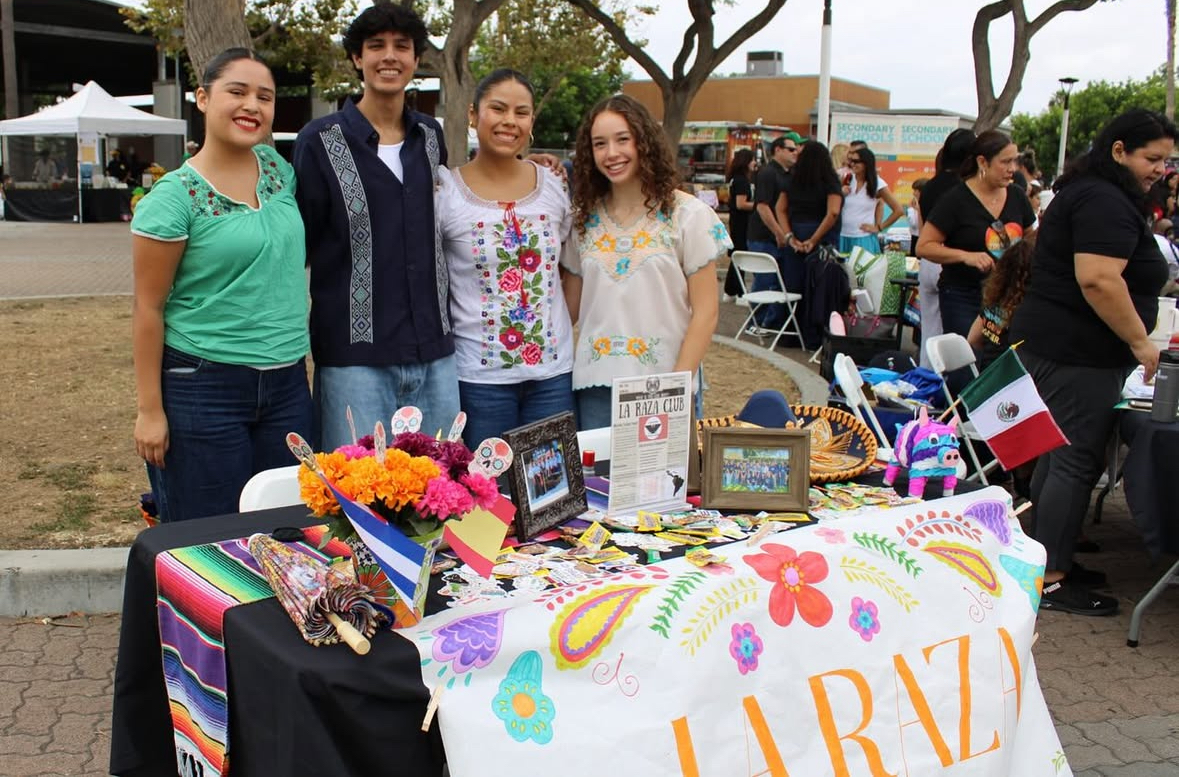
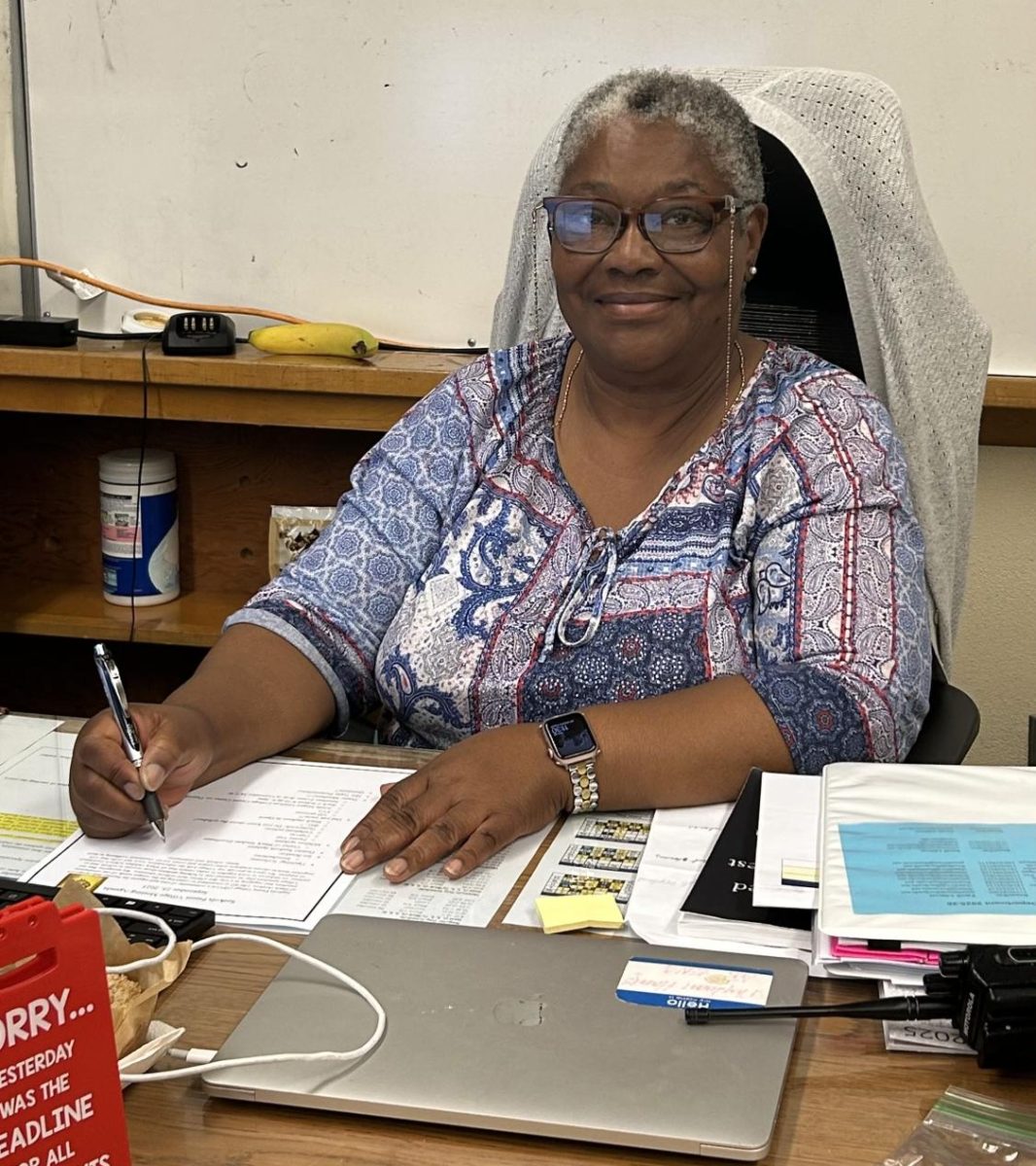
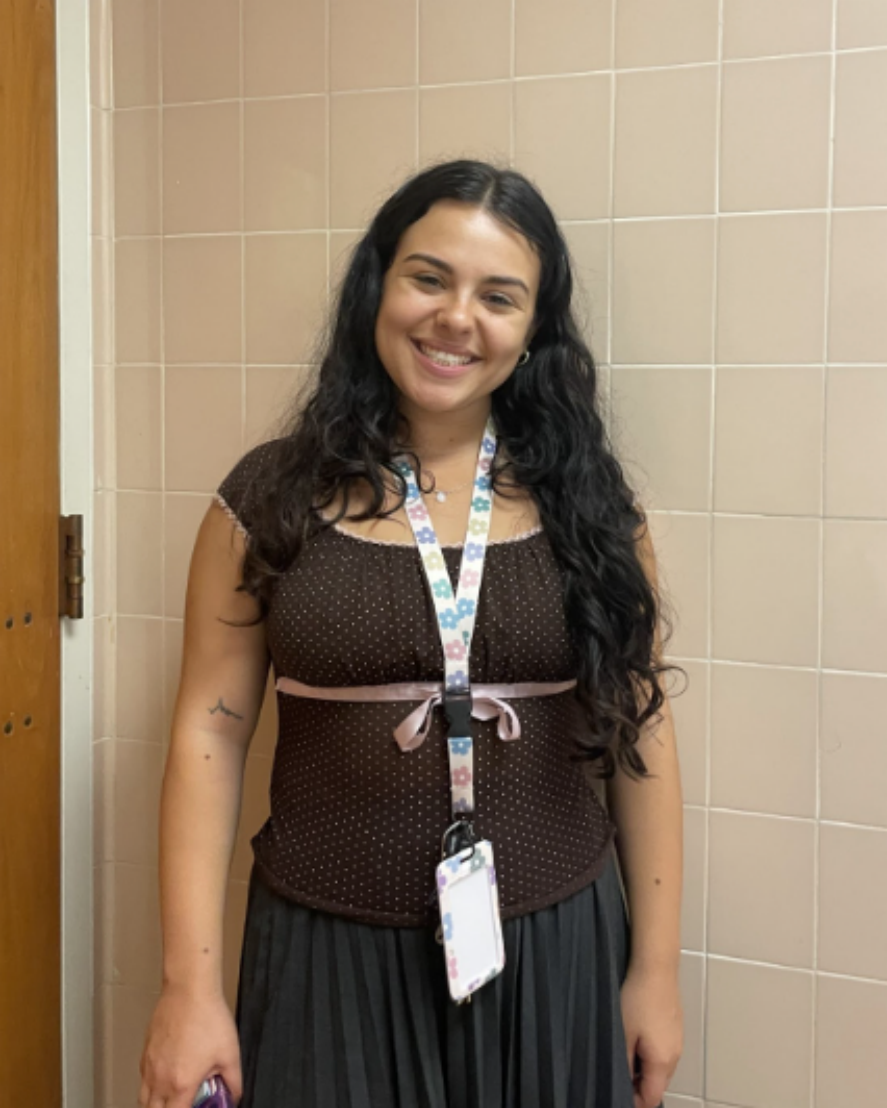
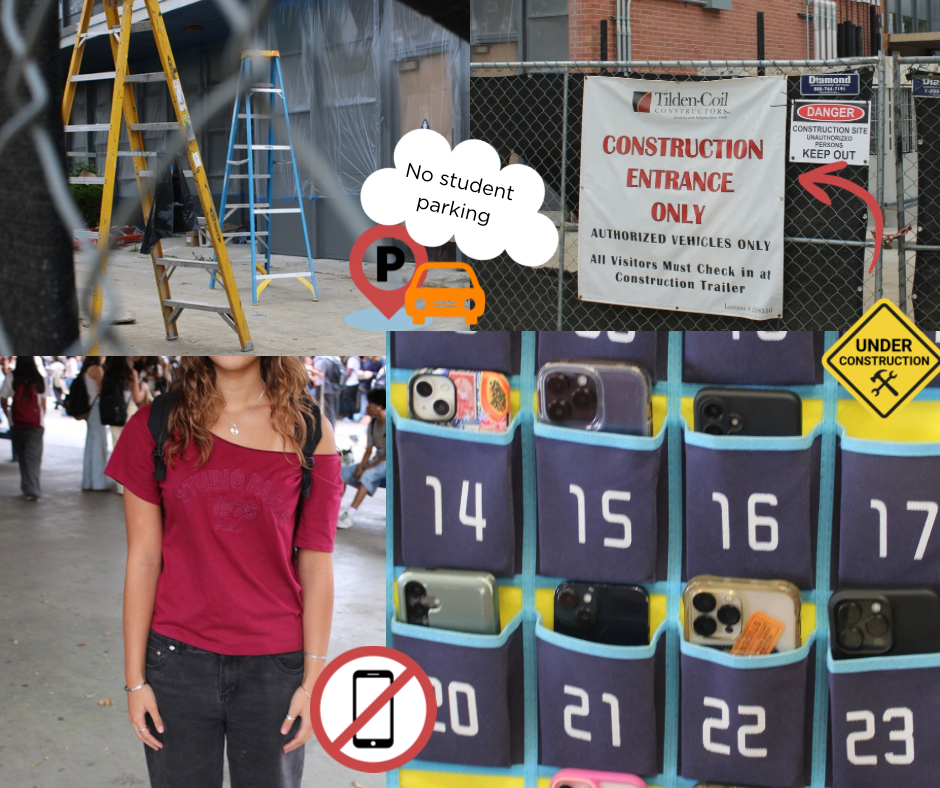
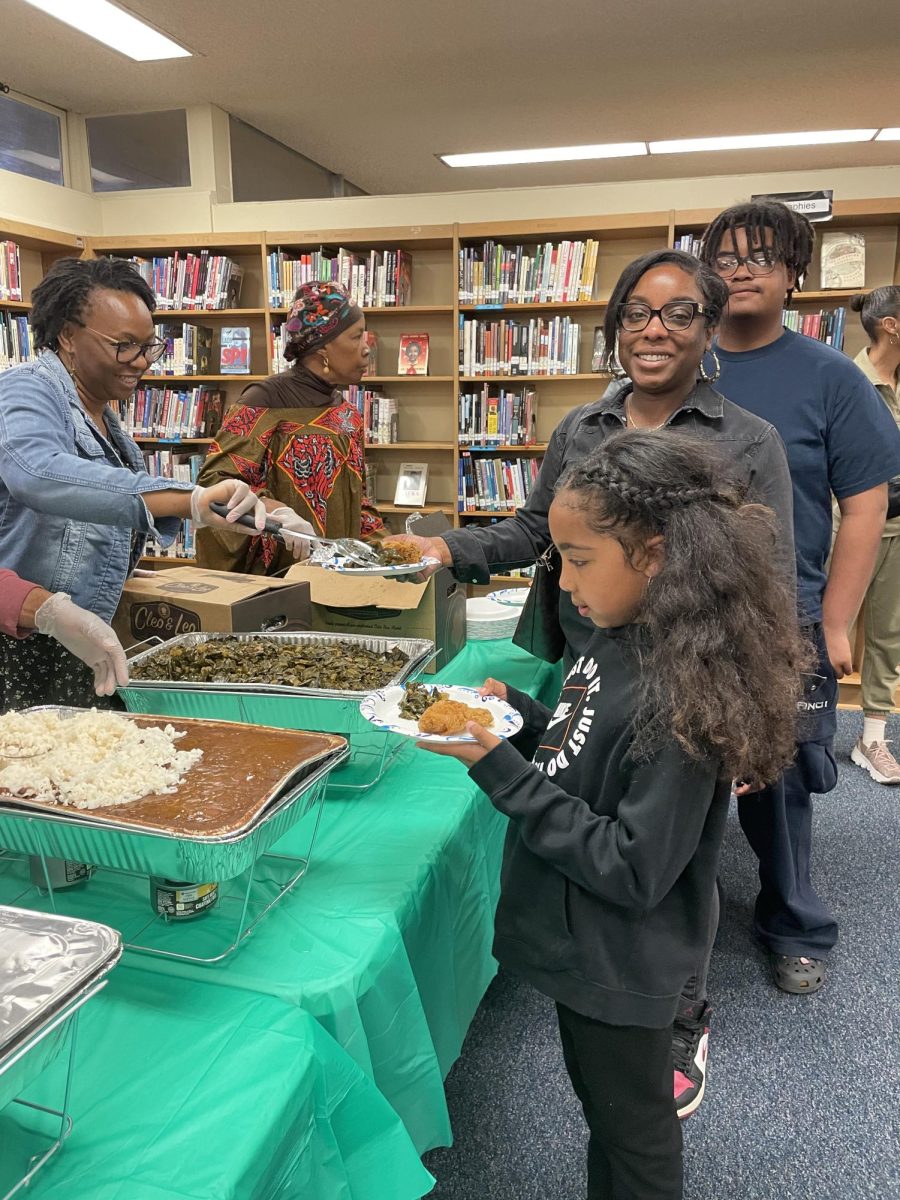
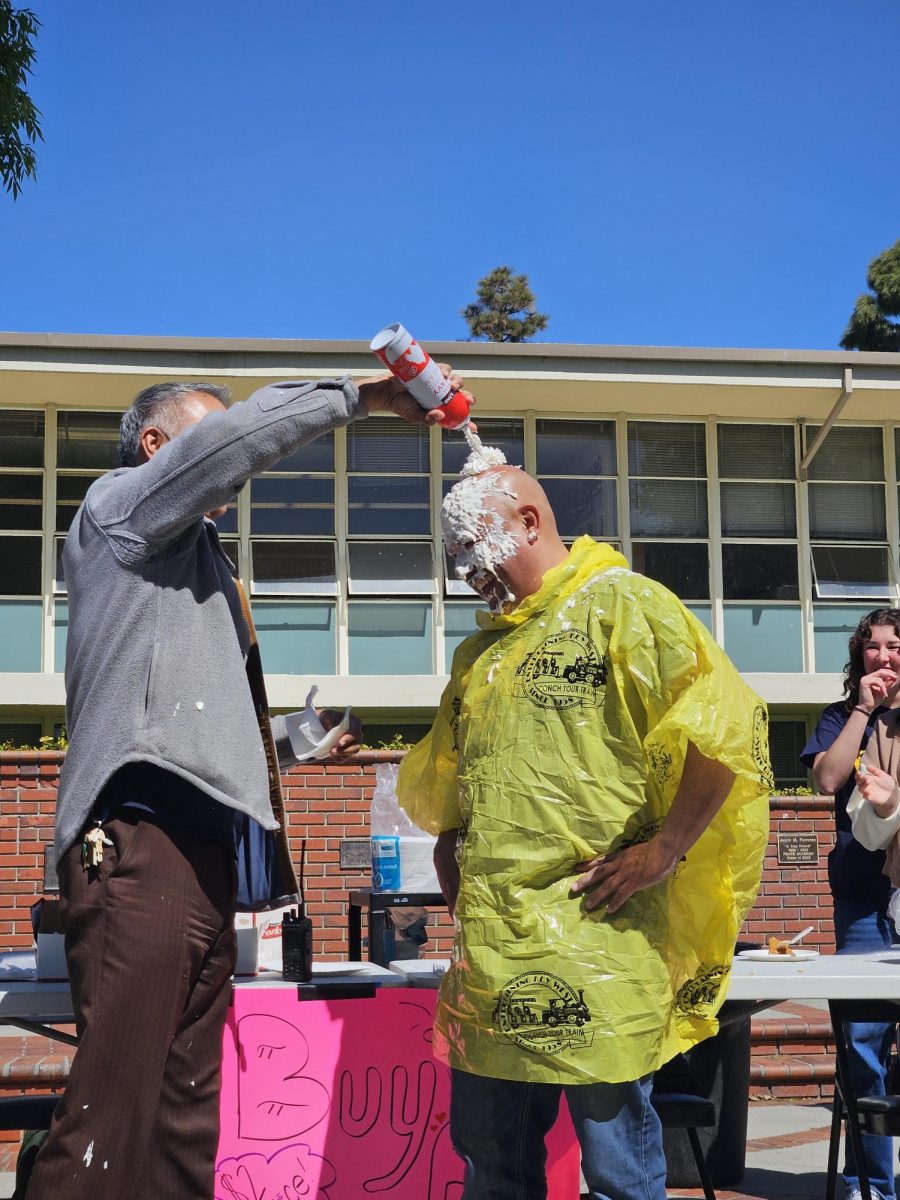
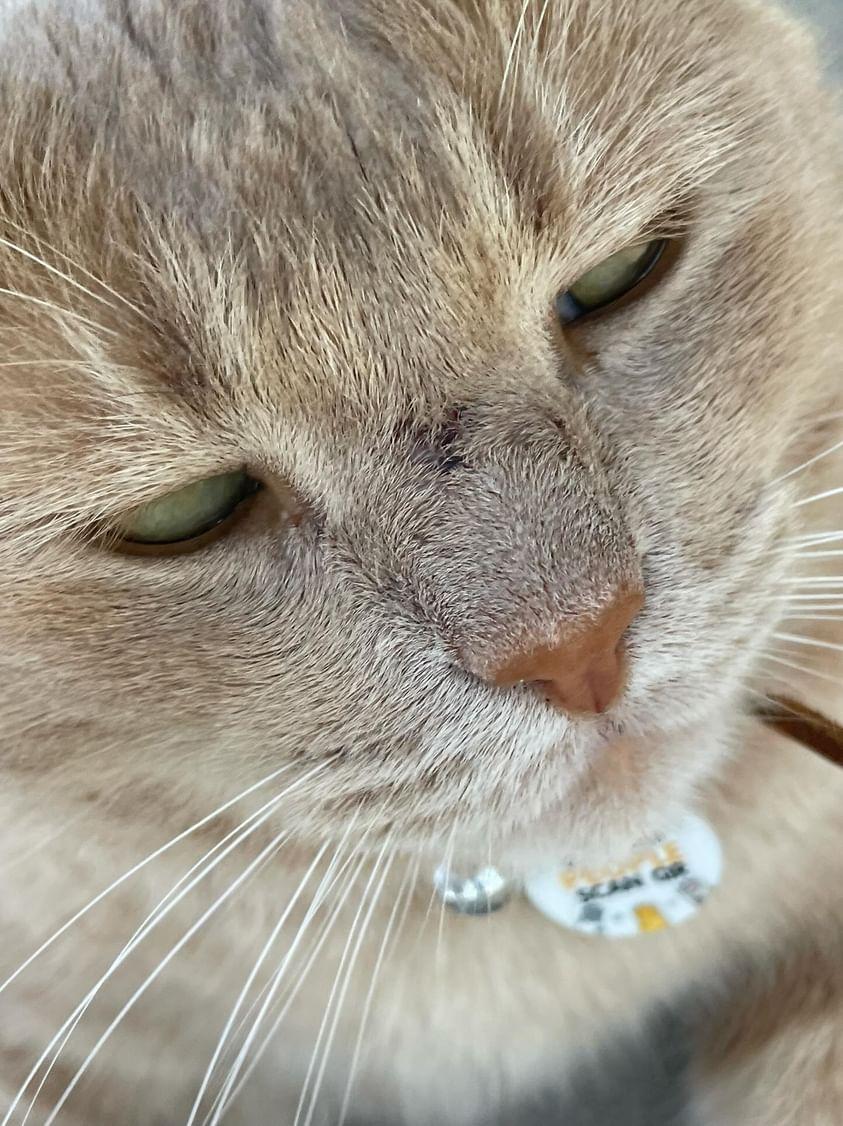

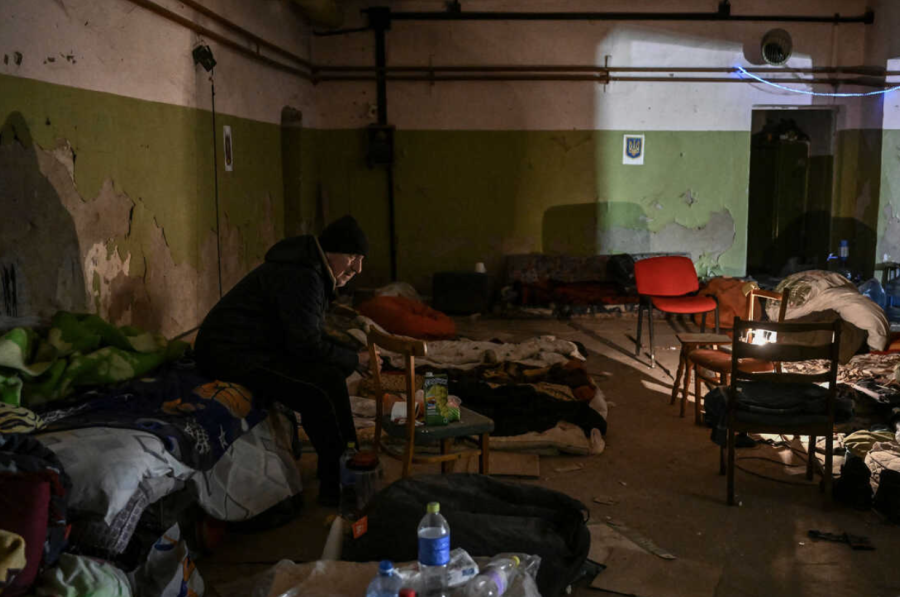

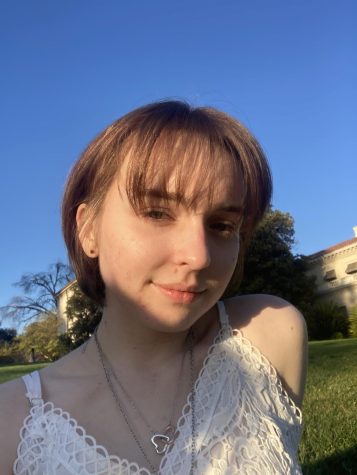
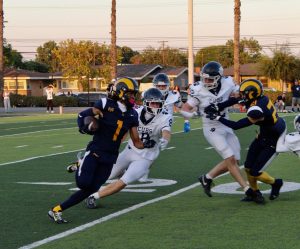

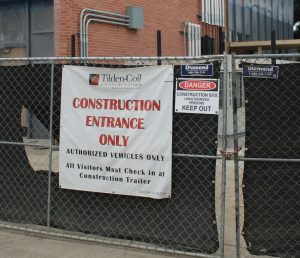

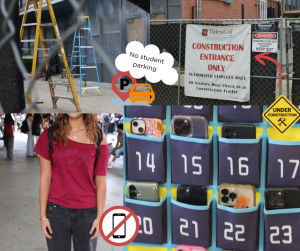
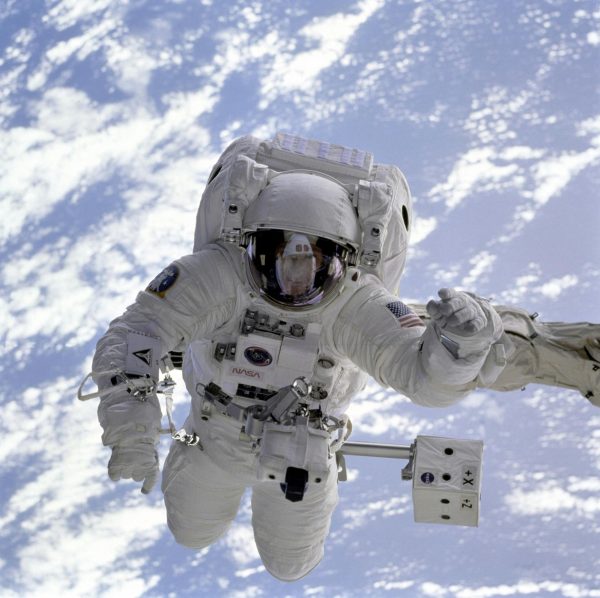
Niya Patterson • Apr 14, 2022 at 4:26 pm
April 13 2022
Dear Corydon Editor,
In issue 6/2022 (published April 6, 2022), Charlie Hex, and James Goddard wrote an article titled “Russia’s Attack on Ukraine” The article mentions the inside cause of what’s going on in Ukraine plus the history and what America is doing to help. I like how the author’s mention the history of how Ukraine has gained their independence and why Putin is doing his actions.I also enjoyed that the authors got students and teachers opinions about what’s going on in the world. Getting students’ feedback and teachers’ knowledge lets the world know that people do listen even if we don’t know exactly what’s occurring, we know the general idea.
Prior to reading this article i did not know anything about what the U.S was doing to help Ukraine but now i have a better understanding to why they haven’t dished out military, and why they are using the Economics to back Ukraine up instead. I have a few questions about NATO, I have not heard this term beforehand. If NATO does not work or show useful to Ukraine will the U.S use military tactics to back them up? If Ukraine wishes to go into war is the U.S forced to back them up? Is the U.S using tactics to damage Ukraine? Emma stated that we students do not have a care for the causo in Ukraine but my question is what can us students do? What can we do besides watch? How can America help more than just economically without sending in the military? If the United States goes into war how would it affect us kids? How many lives were taken in Ukraine? Why does Putin want Ukraine but is harming the people his wishes to add to his country?
Thank you for enlightening me on the background of Ukraine and Russia.
Sincerely,
Niya Patterson, Grade 11
Aidan Stickley • Apr 13, 2022 at 1:00 pm
April 13, 2022
Dear Corydon Editor,
In issue 4/13/22 (published April 13, 2022), Charlie Hex and James Goddard write an article titled “Russia’s Attack on Ukraine.” The article talks about the recent attacks on the Ukrainian people and to give more insight into what is happening in the war. James and Charlie talk about Zelesky and Vladimir Putin and their views on the war. Zalesky is wanting to have peace talks and wants to figure out how to resolve this war while Putin on the other hand just wants to talk about the land as stated in the article “Eastern Ukrainians are technically Russian and ‘belong to the Russian empire.’” They interview different teachers and students on this topic to get their opinion on it, smartly choosing the AP Gov teacher and the AP World History teacher to get their opinions on the situation. I want to get a better overall understanding of this situation, as at this point Putin seems to be invading now as a way to keep his pride as a “power leader.” I don’t personally think the US should get directly involved as that will cause WW3 but I want the US to keep up giving Ukraine supplies and support so they can have a chance at fighting back.
Sincerely,
Aidan Stickley, Grade 11
Kira Hamilton • Apr 13, 2022 at 11:01 am
In Issue 6 of The Corydon published Apr 6, 2022 titled, “Russia’s Attack on Ukraine”, by Charlie Hex and James Goddard summarizes and expands on current conflict between Russia and Ukraine. The article begins with a brief summary of the current events for those unfamiliar, which proves very effective in establishing clarity and also in starting off the article. One critique I have is the mention of President Biden’s comments on Putin, specifically when he said Putin was a war criminal, because while it is true, it is also quite hypocritical coming from a man who was the vice president of Barack Obama, a man who deliberately bombed a hospital in Afghanistn during his presidency, similarly to the way Putin is bombing hospitals. The segment comes across as uninformed and immature because it focuses on the thoughts of a man overcome with hypocrisy and far from the conflict, this, in turn, wholly distracts from the information and stories from the people who are mortally affected by the situation. I personally feel that what this article lacked was quotes from people in Ukraine and in Russia, because they should be the focus, they are the ones dying. The article reflects a sort of supremacist nationalism prioritizing the opinions of US officials as if their comments are more important than the actual victims. I feel that this article has quite a few avoidable shortcomings, but I can at least appreciate the topic being brought up at all, even if I wish it was more informed and well done.
Charlie Hex • Apr 14, 2022 at 10:38 am
Charlie speaking here – I’d like to start by thanking you for your response and involvement with our paper, we appreciate any and all interaction and love hearing what our readers think. I completely agree that representing all voices in a situation is crucial, and I value your input on my bias greatly. However, I’d like to make clear that my goal for this news article was to simply present all of the key events and aspects of the conflict in general, rather than focus on the individual sufferings of the people in Ukraine, although that is absolutely a valid and crucial thing to discuss. The main reason I chose to focus more on the the US’s response was because it is important for us as citizens of the US to know what our leaders are thinking about this conflict so that we can better understand how we are being represented in this conflict and we can all form our own opinions based off of facts. Once again I really appreciate hearing your thoughts on this subject, and if our publication were ever to decide to do a feature article on the people of Ukraine and Russia being affected by this conflict, I would love to get into contact with you regarding finding some individuals in both Russia and Ukraine that have a story to share.
Rose Schafer • Apr 12, 2022 at 4:03 pm
In Issue 6/2022 (published April 6, 2022), Charlie Hex and James Goddard wrote an article titled “Russia’s Attack on Ukraine” This article discusses the recent Russian attacks on Ukraine and the reasoning behind them. I actually really like this article and thought it was very informative. I knew about the attacks before reading the article, but I didn’t know the whole story and hadn’t done any research on the topic. It’s really important for people to keep up with current events and that definitely doesn’t exclude teenagers. I found it really interesting how Biden really didn’t do or declare anything following the situation, but instead just called Putin a “war criminal.” This just shows that the U.S. is still sort of stuck in its old ways of being an isolationist country. When it comes to foreign affairs, we try to stay as neutral as possible, usually until the very last moment, when the situation becomes dire. I can’t decide if this is a good thing or not, but I do know that the Ukraine situation is very serious, and that some sort of action should be taken. Whether that be from the U.S. or another country is to be seen.
Zachary Upson • Apr 12, 2022 at 3:51 pm
April 12, 2022
Dear Corydon Editor
In issue 6 (published April 6, 2022), Charlie Hex and James Goddard wrote an article that is titled “Russia’s Attack on Ukraine.” This article discusses the current war between Ukraine and Russia. Charlie and James mostly touch on Vladmir Putin’s view on the war. In order to justify his actions, Putin claims that Eastern Ukranians are Russians that they belong within Russia. He is also claiming that Ukraine is committing genocide against the Eastern Ukranian people. The article also explains that Joe Biden commented that Putin is a “war criminal” for his current actions. However, Josh Rogin from the Washington Post claims that Biden was “saying what everyone can see.” The US will also be giving 13.6 billion dollars to Ukraine to help with the war effort. James and Charlie also got the opinions of Millikan teachers Dr. Russ Rudman and Timothy Mulvehill on what they think about NATO and the US’ actions taken in the war. They both agreed with the idea that US troops should not get involved at the moment and that the aid we have given so far will suffice. The authors of this article also get the opinion of QUEST junior Emma Huynh here at Millikan. Emma says, “We [high school students] are all aware of [the conflict between Russia and Ukraine], but very few know or understand what is actually happening. As teenagers, more often than not, we think we are the center of everything…people just think ‘this isn’t my problem’ and’ why should I care?” I appreciate the amount of variety in each source that was used by the authors and that they went out of their way to interview teachers and students at our school. This article helped obtain a great deal of insight into what is going on in Russia and Ukraine and what the US is doing to help. I also appreciate how the article raises awareness on how teenagers do not stay informed and encourages that we should always stay informed with international and national affairs.
Sincerely,
Zachary Upson, Grade 11
Julia Walton • Apr 12, 2022 at 3:45 pm
Dear Corydon Editor,
In issue 5/2023 (Published April 6,2022) Charlie Hex and James Goddard talked and informed me and other people reading this about the Ukraine and Russian war going on. They said President Zelensky was talking about peace talks, But Putin still chose to invade. I never knew that Putin claimed Ukraine is still part of Russia even though that isn’t true. Putin claimed that he is saving these people who are facing humiliation. I understand this situation but how are other countries planning to help these people? I know that the U.S is letting Ukranians into the U.S. but how long will they stay? How long will these people live without homes, shelters, or food? Are we providing food for them? I think the best solution is to let these people stay in shelters for free and provide food for them for free. It would help these people get back on their feet and help them through this.
Thank you for informing me on this topic.
Sincerely,
Julia Walton Per. 8